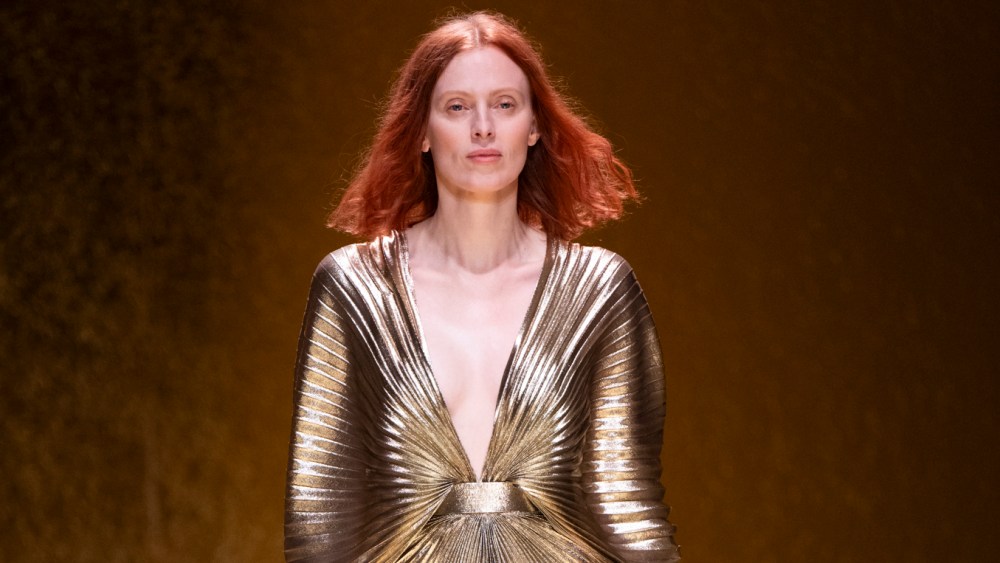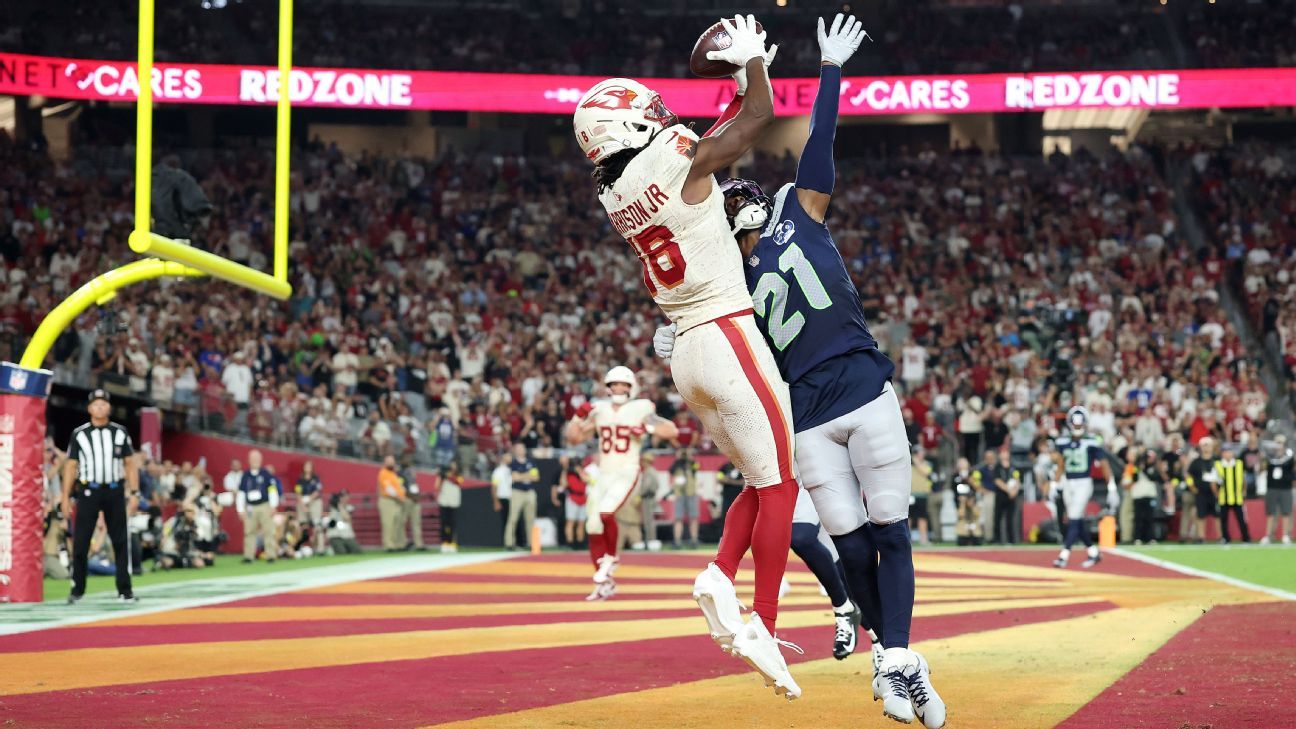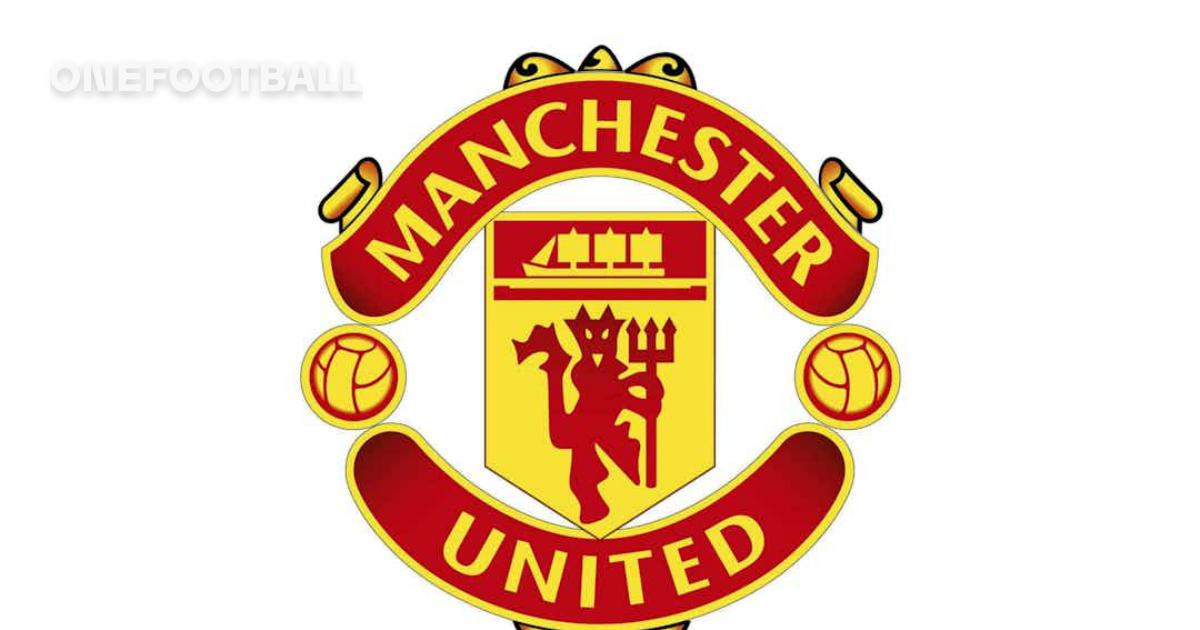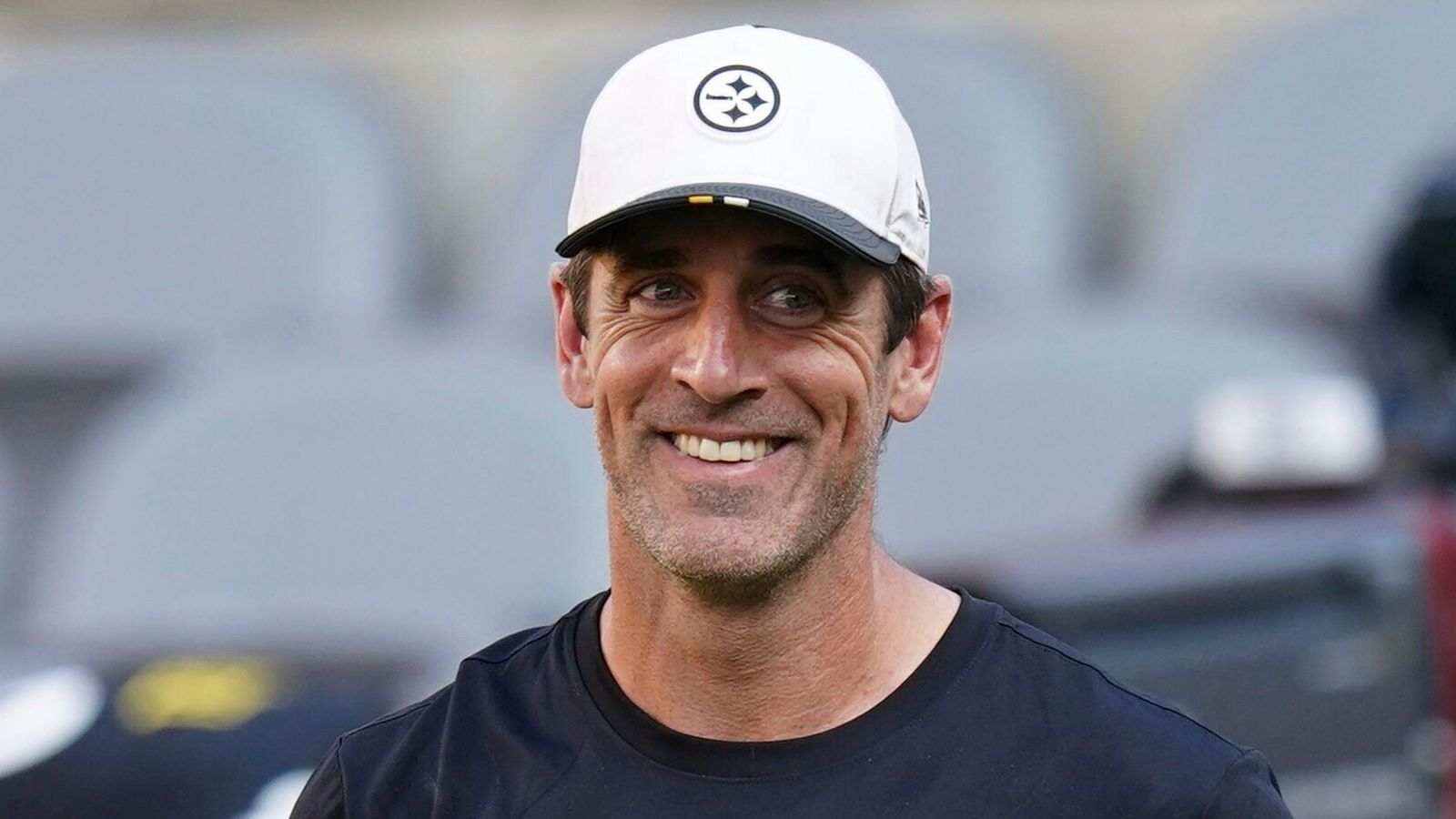
G-III Apparel Group is done playing the jilted licensing partner, and has filed a $250 million breach of contract against PVH Corp. in New York state court.
The suit marks a dramatic increase in the tensions that have arisen between the companies since 2022, when Stefan Larsson, PVH’s chief executive officer, moved to take back its licenses for Calvin Klein and Tommy Hifliger women’s wholesale in North America.
It was a decision that started to unwind a mega partnership that has produced more than $15 billion in wholesale sales over nearly 20 years. And it was a body blow to G-III, which was set to lose what was more than half of its business during the five-year decoupling.
Both sides have been moving on.
PVH is looking to take better control of its brands by producing more of the looks in one global product kitchen, and G-III has amped up Donna Karan and its other owned brands while taking on new licenses.
But now, G-III has filed a three-pronged lawsuit against PVH and its Calvin Klein Inc. and Tommy Hilfiger Licensing businesses.
While the complaint is still sealed, a legal filing did outline G-III’s case, which:
- alleges breach of contract over the licensing agreements for both Calvin Klein and Tommy Hilfiger;
- asks for a “declaratory judgment that G-III is not required to make any royalty payments to Calvin Klein and [Tommy Hilfiger] on account of failing to meet minimum sales requirements that result from defendants’ own actions that have reduced overall sales.” PVH has been pursuing a narrower presence at wholesale for the brands, and
- asks for an order “declaring that PVH Corp. tortiously interfered with the women’s suits licenses between plaintiffs and Calvin Klein and [Tommy Hilfiger] and an award of damages caused by the interference.”
A spokesperson for PVH said: “G-III’s claims are baseless. We will respond via the legal process in due course and look forward to addressing these matters in court.”
One source familiar with the action said G-III had the right to extend Calvin Klein and Tommy Hilfiger suits licenses through 2029 and that PVH nixed those extensions, leading to at least part of the legal action.
More details are expected to come to light when a redacted version of the suit is unsealed, pulling back the curtain a little on one of the toughest break ups in corporate fashion.
Beyond the suit, both companies have something to prove.
PVH has the powerhouse brands, but has to prove it can manage the nitty gritty details of the U.S. wholesale market, which has come under increasing pressure, particularly with Macy’s closing stores. And Morris Goldfarb’s G-III, which is an expert at that nitty gritty, has to prove that it can go big with its own brands.
This isn’t the first time that licensing deals have proved to be a point of friction in the New York apparel scene.
Twenty years ago, Jones Apparel Group used a little-noticed provision in one of its smaller licensing agreements with Ralph Lauren to walk away from a much larger sportswear license. The surprise move prompted a scramble for space in stores’ better sportswear departments.
And, before it was owned by PVH, Calvin Klein squared off with its underwear licensee Warnaco. The two sides managed to kiss and make up on the first day of the trial, hammering out a last-minute settlement, but PVH then went on to eventually buy both Calvin Klein and Warnaco, reuniting the two halves of the brand.
PVH is ultimately still on that journey, bringing the licenses from G-III in house.
But that journey is again taking a detour through court.
#GIII #Files #250M #Lawsuit #PVH #Licensing #Dispute






